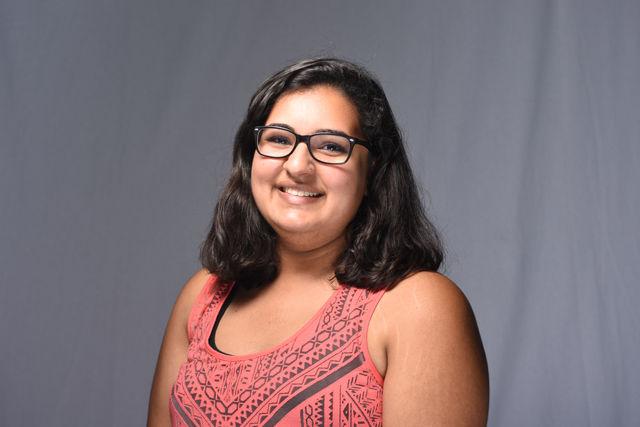
Aditi Dholakia
Aditi Dholakia
We’ve all been taught the universal mantra, “words are hurtful.” We’ve also all been taught that sticks and stones can break our bones, but words can never hurt us. We all know that’s not always true.
A friend of mine told me a story the other day about a boy she was talking to who pulled the “you’re not like other girls” spiel. He mentioned how my friend was not like other Indian girls — that she was exotic, edgy and cool, not prudish, over-traditional or slightly smelling of curry. No doubt, the boy thought he was paying my friend a compliment of the highest order. But what his words really resulted in was a swift un-matching on Tinder on the part of my friend and hurt feelings all around.
This kind of casual racism is still an alarmingly regular occurrence in day-to-day interactions, but it doesn’t end there. As society changes to allow more marginalized groups to come forward with a voice, demanding recognition, many people, particularly those in the right wing, retaliate by claiming infringement on their First Amendment rights.
Phrases like, “no homo, bro,” “don’t be a pussy,” “what, are you retarded,” or “dude, that’s so gay,” (when it’s used to describe something negatively) are often meant as jokes, with no harmful intentions attached. In fact, when called out on the use of such phrases, the users often get up in arms themselves, claiming they were making a joke and that people shouldn’t take everything so seriously.
Casual sexism, racism, homophobia and even more subtle offenses like casual classism and ableism have become so deeply ingrained in our day-to-day language and actions as a society. As such, it’s tough to make the conscious decision to remove such language from our vocabulary, especially when the casually derogatory language often goes undetected.
Those who complain about the enforcement of political correctness — typically those in positions of privilege — fail to understand that seemingly inconsequential phrases and words can lead to much bigger consequences. A privileged white teenage boy calling one of his friends a “retard” encourages and perpetuates disdain, ridicule and prejudice toward an entire population of mentally and/or physically disabled people. Similarly, a man on Tinder telling a woman she’s not like other Indian women supports negative stereotypes of not only all Indian women, but also women in general and the choices they make with their lives and their self expression.
Oppression is rooted in microaggressions that, while intended jestingly, inevitably plant a seed of subconscious hatred and prejudice in the minds of the listeners. That seed then grows, manifesting itself into more explicit acts of verbal bullying and discrimination, which escalate to violence, first toward individuals, then groups of people and finally, at its worst, an entire population.
Essentially, what it all comes down to is basic human decency. Consciously eliminating microaggressions from our daily vernacular and interactions is not meant to be an infringement on free speech. Rather, it’s a show of base-level respect and decency for one’s fellow humans. Jokes at the expense of other people are not jokes — they’re foundations for greater structures of oppression.